
Why 'Made in China' still wins in Australia
- Jan 21 2026
- /
- 69

In its purest form, water is an electrical insulator and it shouldn't be able to conduct electricity or allow current to flow through it.
The danger lies with the components dissolved in water, specifically the ions in it. Electricity flows through water when it contains ions of dissolved salts and metals.
An ion is an atom or group of atoms where the number of electrons is not equal to the number of protons.
Pure or distilled water does not contain ions, and so it won't conduct electricity.
The types of water that we come into contact with and use daily include tap water, bottled drinking water or rain water. They all contain ions from various sources.
"When inappropriate electrical equipment is used or placed near water, there is a greater risk of serious injury or death from an electric shock as water conducts electricity."
Jeff Thatcher JT Electrical Brisbane Southside
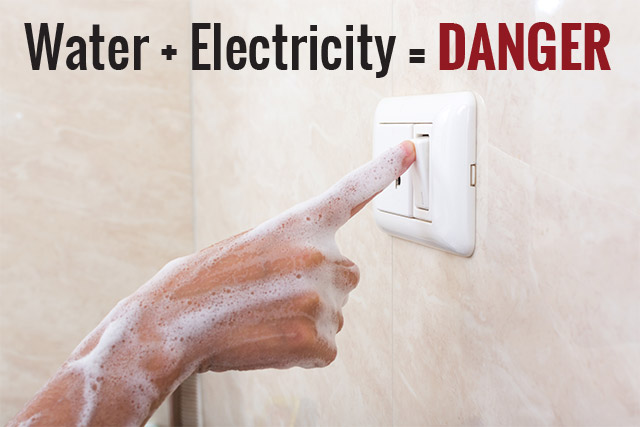
It is important to keep water away from electrical appliances and to keep wet hands and wet objects away from electrical switches, cables and power points.
Electricity passes easily through a body because the fluid in our body contains salts and minerals which allow the electrical charge to be conducted through our body.
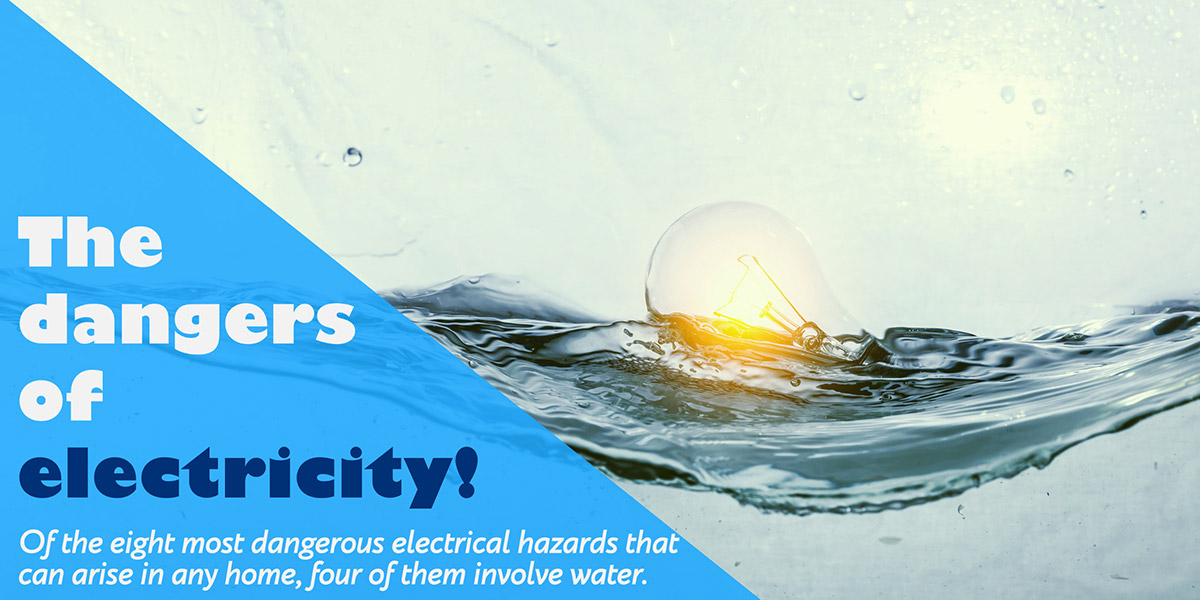
The dangers of electricity involve a variety of hazards, including - Electric Shock, Psychological Damage, Physical Burns, Neurological Damage and Ventricular fibrillation resulting in death. Any form of energy, when not properly controlled or harnessed, can result in serious danger to those who use it.
Of the eight most dangerous electrical hazards that can arise in any home, four of them involve water:
1 Poor Wiring and Defective Electric Wires.
2 Power Outlets Close to Water.
3 Wet Hands.
4 Pouring Water on Electrical Fires.
5 Inquisitive Young Children.
6 Extension Cords.
7 Light bulbs.
8 Water leaking into light fixtures and onto electrical wiring.*
*In some cases, a small leak onto electrical wiring may cause a harmless short, but it can also result in sparks that provoke a potentially deadly blaze. This is especially critical in moisture-prone areas such as the kitchen, bathroom and the outdoors, and in humid sub-tropical and tropical climates in Queensland where rain also often falls in heavy deluges.
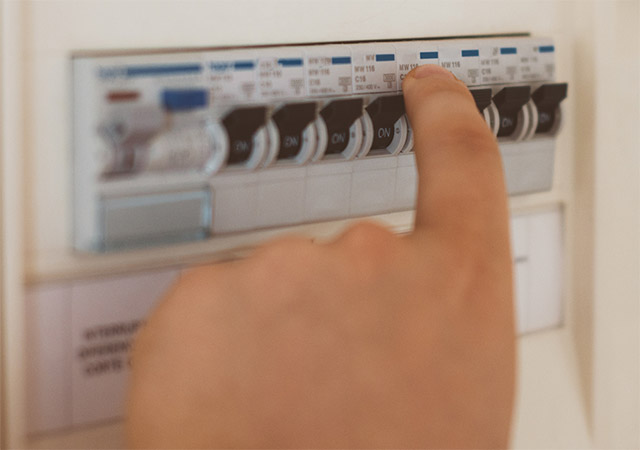
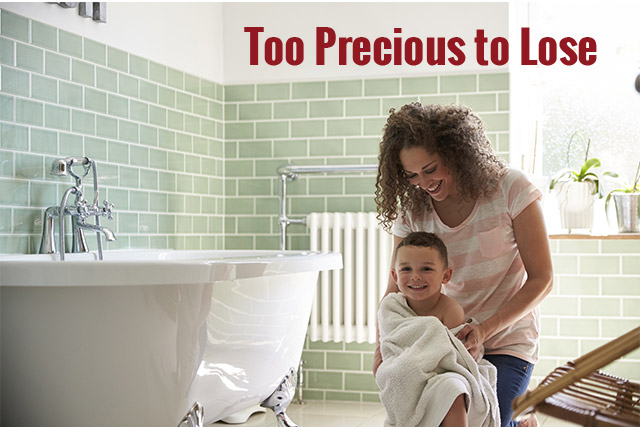
Did you know you need an electrician to fit a hard-wired smoke alarm.
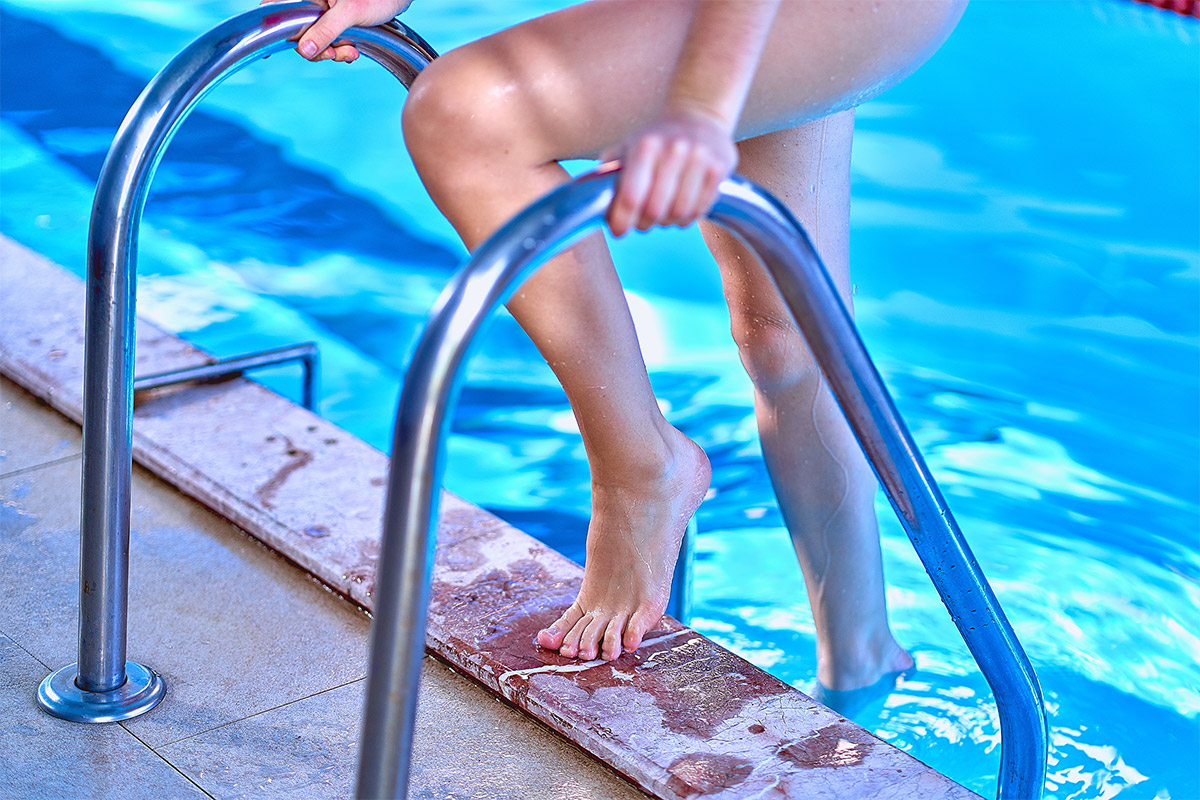
Bare feet and wet skin can make you more susceptible to electric shock.
In a swimming pool even a mild shock could lead to tragedy as the shock may cause you to lose muscle control.
It is recommended to leave pool maintenance to professionals.
Using electrical appliances near a pool that are powered through an electric lead is not a good idea. Battery powered devices are preferred.










Electricians home automation air conditioning data security Brisbane.
Electrical Brisbane